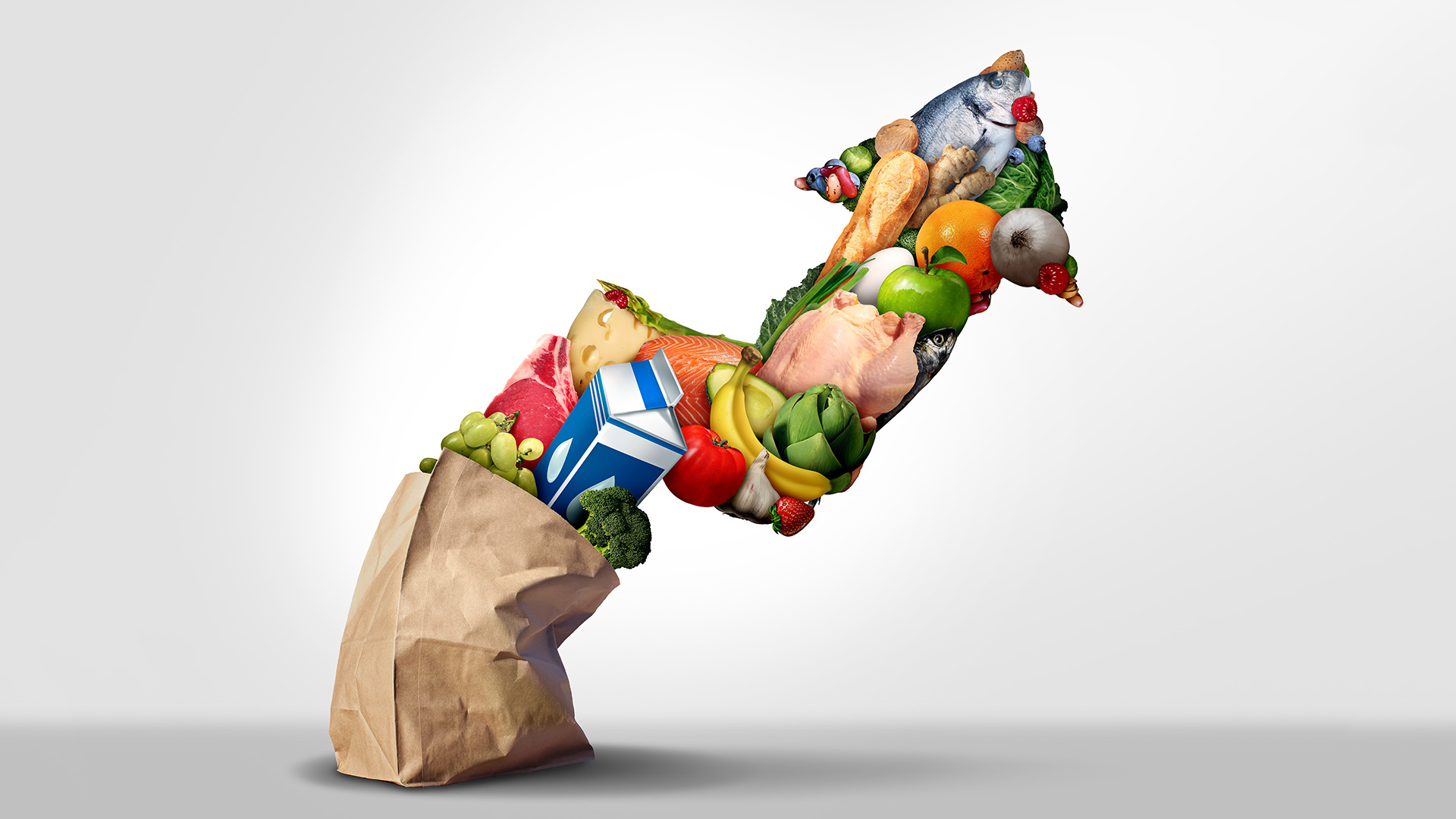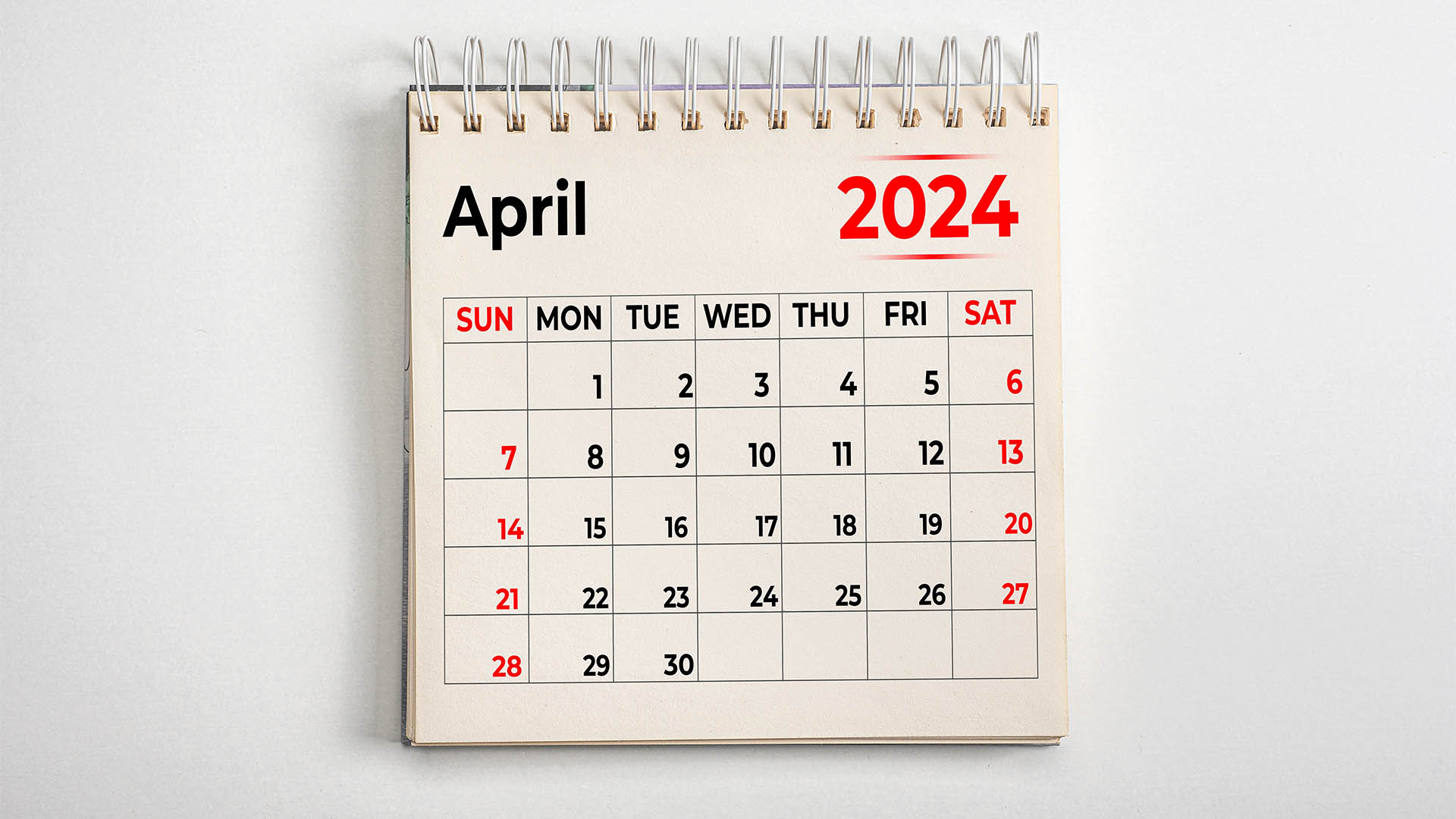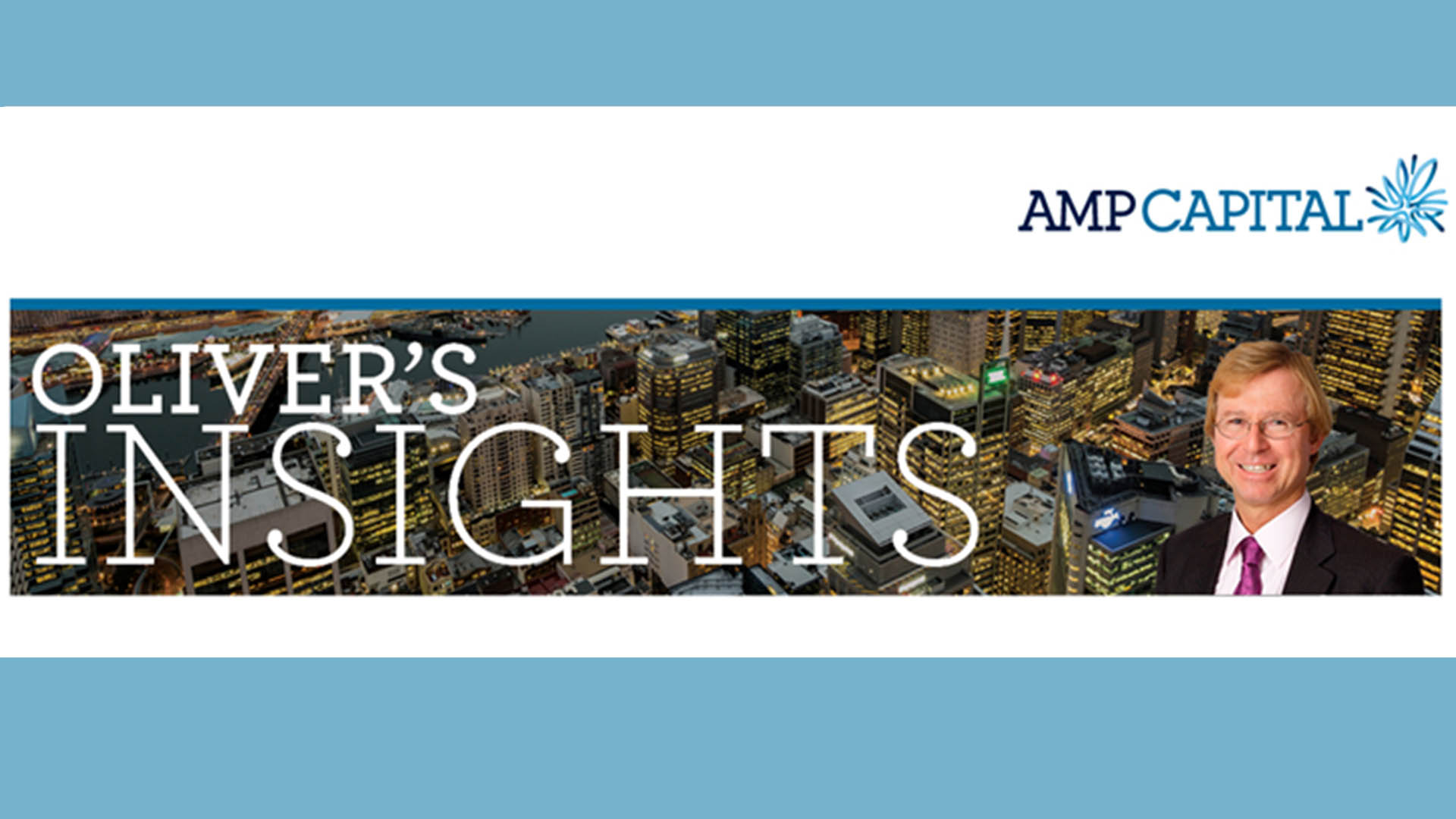Australian inflation remained above the 3% top of the Reserve Bank’s target range for another month in January, with the partial indicator for last month showing an annual rise of 3.4%.
That was unchanged from December, but was above some odd market forecasts for a rise to 3.6%.
A jump in food costs though makes the improvement look a bit light on. The ABS said there was a clear split in the category.
The annual inflation rate for food and non-alcoholic beverages increased to 4.4% in January, up from 4.0% in December.
"Annual inflation remains elevated for food, apart from fresh food categories. Meat and seafood and Fruit and vegetables, for example, saw lower or negative annual inflation,” ABS head of price statistics, Michelle Marquardt said.
The ABS said The main contributors were Meals out and takeaway foods (+5.7%), Food products (+6.9%), and Bread and cereal products (+7.4%). Meat and seafood (-2.0%) prices fell in the 12 months to January.”
The Australian Bureau of Statistics (ABS) said the partial monthly version of the trimmed mean measure of inflation eased to 3.8% from 4% in December.
But the core version of the partial monthly indicator rose 4.1% in January, down from the rise of 4.2% in December. This series excludes Fruit and vegetables, Automotive fuel, and Holiday travel and accommodation.
Michelle Marquardt, ABS head of prices statistics, said in the statement that the indicator remained at the lowest level since late 2021 for the second month in a row.
"The most significant contributors to the January annual increase were Housing (+4.6 per cent), Food and non-alcoholic beverages (+4.4 per cent), Alcohol and tobacco (+6.7 per cent), and Insurance and financial services (+8.2 per cent).
"Partially offsetting the annual increase is Recreation and culture (-1.7 per cent) primarily due to Holiday travel and accommodation (-7.1 per cent).
"Housing rose 4.6 per cent in the 12 months to January, down from 5.2 per cent in December. New dwelling prices rose 4.8 per cent over the year with builders passing through higher costs for labour and materials.
"Rent prices rose 7.4 per cent in the 12 months to January, reflecting a tight rental market and low vacancy rates across the country.
"Annual electricity prices rose 0.8 per cent in the 12 months to January 2024. The introduction of the Energy Bill Relief Fund rebates for eligible households from July 2023 has mostly offset electricity price rises from annual price reviews in July due to increases in wholesale prices.
“Excluding the rebates, Electricity prices would have increased 15.3 per cent in the 12 months to January 2024,” Ms Marquardt said.














